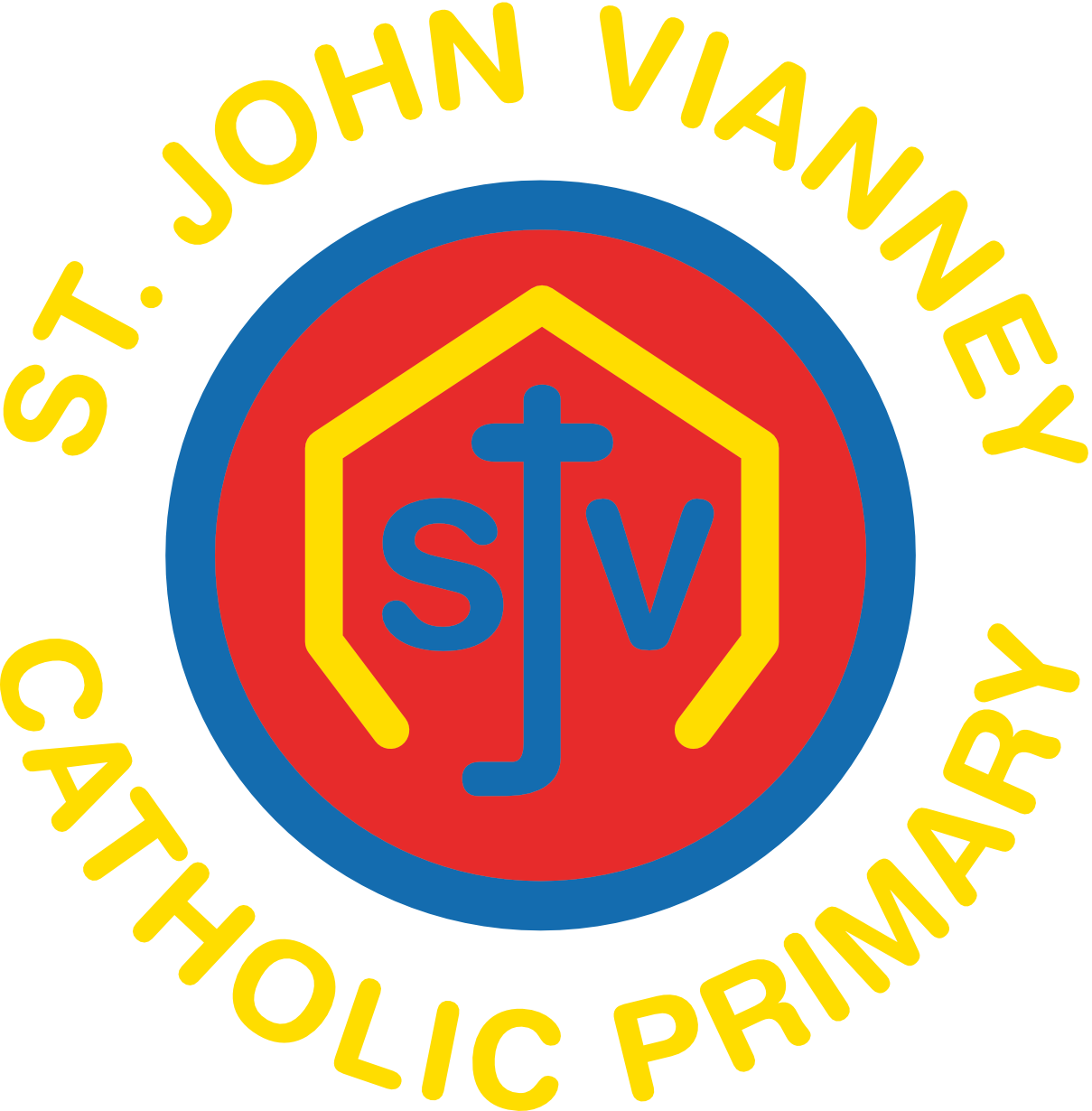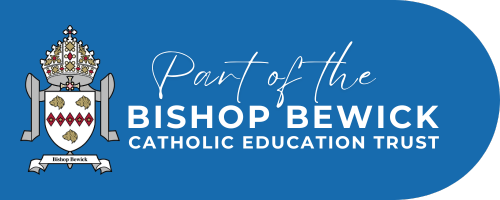
Phonics
Phonics
At St John Vianney Catholic Primary School, we endeavor to provide a broad and balanced curriculum which inspires and provides opportunities for success for all of our learners. Through our curriculum, we strive to create independent, curious, creative and critical thinkers, problem solvers and innovators. We aim to provide engaging learning opportunities that encourage our pupils to develop and fulfil their potential academically, socially, emotionally and spiritually. We strive to provide a range of activities and opportunities through a carefully sequenced and progressive curriculum in all subject disciplines, which fosters a passion for learning, stretching beyond the confines of primary school and creates lifelong learners. Our vision is that our curriculum will ignite passion, expand horizons and raise aspirations for all of our learners. We aim to equip our pupils with the knowledge and skills that will prepare them for the world of work in an ever-evolving landscape, and with the confidence, resilience and tolerance to live harmoniously with others.
INTENT:
At John Vianney Primary School, we use Unlocking Letters and Sound to teach our children Phonics and early reading skills. By teaching phonics daily to children in Reception, Year One and Year Two we aim to ensure that our children quickly develop the skill of matching sounds to letters or groups of letters which will enable them to feel confident as readers and writers.
Our high-quality systematic, synthetic phonics programme is taught with rigour and fidelity. We teach our phonics, so that is accessible to all, by planning for 100% engagement from each child. Children will develop stamina and learn to read with expression and confidence. We continually aim to make strides towards closing the word gap. We place our quality phonics teaching in a language rich curriculum, with exposure to a range of high-quality texts. We endeavour to empower our pupils to develop into lifelong learners who read for both purpose and pleasure. Working alongside parents and carers we want to provide our pupils with the skills they need to have a successful start to their lives as readers and to ensure that our children develop a love of reading.
Our aims:
Teach the 150+ graphemes that are represented by the 44+ phonemes of the English language along with exception words in a planned, progressive way.
Ensure there is rigour, pace and fidelity to our phonics scheme and it’s delivery.
Read confidently and fluently, and seek to acquire knowledge independently.
Build children’s speaking and listening skills and early language development.
Develop the reading skills they need to access all areas of the curriculum
Understand the difference between real and alien words
Understand the meaning of what they read and what is read to them
Ensure home reading books match to the child’s phonics ability.
Develop a lifelong enjoyment of reading, taking genuine pleasured from what they read
Give intervention to children quickly who are at risk of falling behind.
Children have pride in their reading and the progress they are making.
Children are engaged and motivated to deepen their knowledge in specific areas linked to the National Curriculum.
Develop cross curricular links and strengthen further links with the local and wider community and global world.
Deepen children’s knowledge and understanding by planning extracurricular visits.
IMPLEMENTATION:
Ensure fidelity to the Unlocking Letters and Sounds programme and consistency across the whole school. This is a DfE validated systematic synthetic phonics programme.
High quality daily phonics lessons with direct whole class teaching
Promote a ‘phonics first’ approach and in both our guided reading sessions and in the books, children take home, texts are very closely matched to a child’s current phonics knowledge so that every child can experience real success in their reading.
Children are grouped for guided reading sessions in EYFS and KS1 and during this time use books from Ransom Reading Stars Phonics or decodable books from Oxford University Press, to ensure complete fidelity to the Unlocking Letters and Sounds progression we follow.
In EYFS and KS1, we use a two-book system where each child will have one fully decodable book and one book for pleasure in their book bag. The decodable books are changed once a week, once they have been read at home and signed by their parent/carer. The books for pleasure can be changed by the children as often as they choose.
Children have daily Story time sessions
Whole school use of Unlocking Letters and Sounds glossary to ensure consistency in key vocabulary and language in all classrooms
Children are regularly assessed and supported to keep up through bespoke 1:1 intervention to ensure no child is left behind at any point in the progression.
Once children progress beyond decodable texts, they move onto our book scheme so that they can continue to progress in their decoding, fluency and comprehension skills to become avid, expert readers.
Phonics is highly valued by the Headteacher and all staff
Phonics Leader is an experienced teaching with the knowledge and skills to support others
Teachers have good knowledge of the subject they are teaching. Quality CPD and coaching ensuring all staff, including Head Teacher and senior leaders, have been trained in Unlocking Letters and Sounds by an accredited trainer.
IMPACT:
Children are engaged and motivated to learn developing their understanding further.
Cross curricular links are made and this, therefore, deepens the children’s knowledge.
Children understand that the presentation and quality of work is essential in all areas.
Children are fluent readers by the end of Key Stage One.
Children in Year One pass the phonics screening check in Summer Term.
Children who have completed the ULS programme are able to decode fluently and accurately, allowing them to access a greater range of texts with growing independence.
As children progress through the school, they focus on developing their fluency and comprehension skills.
Attainment in reading is measured using the statutory assessments at the end of Key Stage One and Two. These results are measured against the reading attainment of children nationally.
Children develop confidence, fluency, curiosity and a lifelong love of reading that will enhance the learning and the lives of all pupils at St John Vianney Primary School. The positive impact of excellent reading skills will be felt across all curriculum areas and that an enjoyment of reading goes far beyond the classroom.
CULTURAL CAPITAL:


